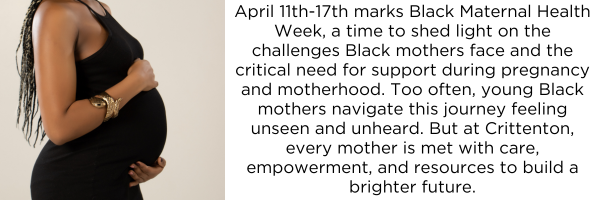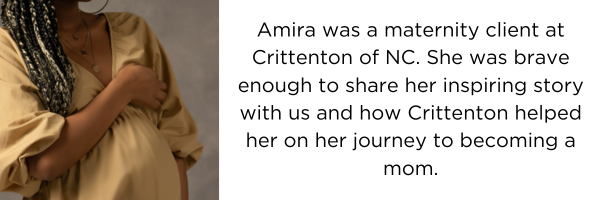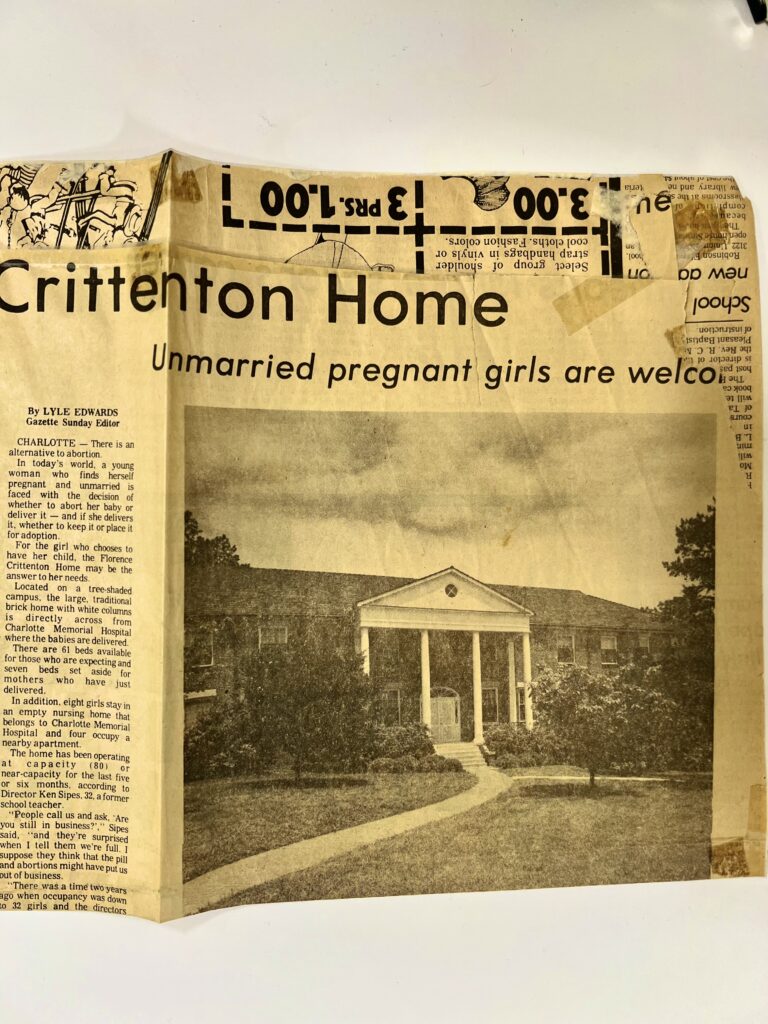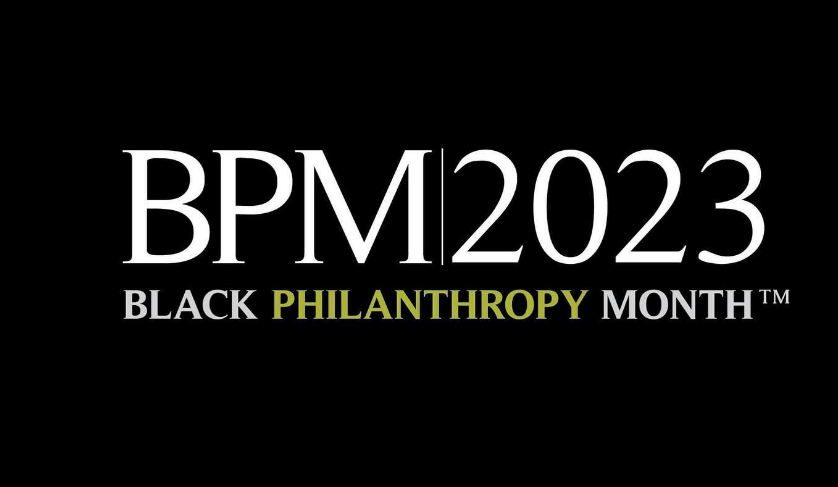This Year, So Far: A Look at the Heart of Client Care
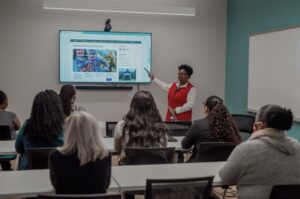
At Crittenton, our work goes far beyond providing shelter. It’s about walking alongside women and children on their journey to healing, stability, and renewed hope. As we reflect on the first half of this year, we are filled with gratitude for the many community partners and volunteers who have helped bring that journey to life through thoughtful programming, compassionate service, and simple moments of joy.
“Being here has taught me things I didn’t even know I needed, like how to really take care of myself, not just survive. Some days it’s the classes that help, and other days it’s just laughing with the other girls at movie night. All of it matters.” – Legacy Hall Client
Education That Builds Confidence
So much of our programming focuses on equipping clients with the knowledge they need to rebuild and thrive. Through our partnerships with Bank of America and SECU, clients have been introduced to foundational financial concepts, from budgeting basics to managing credit, helping them feel more confident in their financial decisions. We’ve also addressed critical health topics, such as substance use with the support of Anuvia, smoking cessation education provided by Mecklenburg County, and group bi-lingual mental health conversations guided by Despierta, all designed to encourage informed choices and promote overall well-being.
Supporting the Journey of Motherhood
For the many women at Crittenton who are preparing for or navigating early motherhood, we have offered a range of hands-on, compassionate classes designed to build skills and ease anxieties. Clients have taken part in parenting workshops, childbirth preparation classes, breastfeeding education, infant massage, baby food-making sessions, and even light exercise through “Sittercise” to support health. These offerings, led by volunteers from Atrium Health and Novant Health don’t just teach, they affirm that our clients are capable, empowered, and supported in their roles as parents.
Moments of Joy Matter, Too
While foundational education is critical, we also recognize the importance of joy, celebration, and rest. This year, Bright Blessings has helped us celebrate client birthdays with warmth and excitement, while The Etiquette Doctor hosted a special Etiquette Dinner that encouraged self-confidence in professional and social settings. We’ve created space for bonding and laughter through client-led movie nights, a festive Galentine’s Dinner, a creative Paint & Mocktail Sip event, and just last week our vibrant Summer Kickoff Party, all simple but powerful reminders that joy is essential to the healing process.
Every Moment Matters
Each of these moments, whether educational, emotional, or just plain fun, represents a step forward for our clients. They are supported not just by a team of staff, but by a generous community of volunteers, experts, and donors who believe in what we do.
From all of us at Crittenton, thank you. You are helping us build stronger foundations and brighter futures — one class, one conversation, one celebration at a time.

